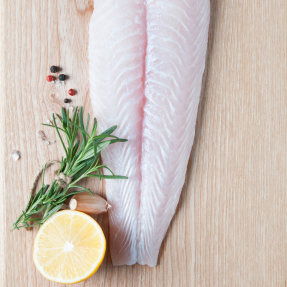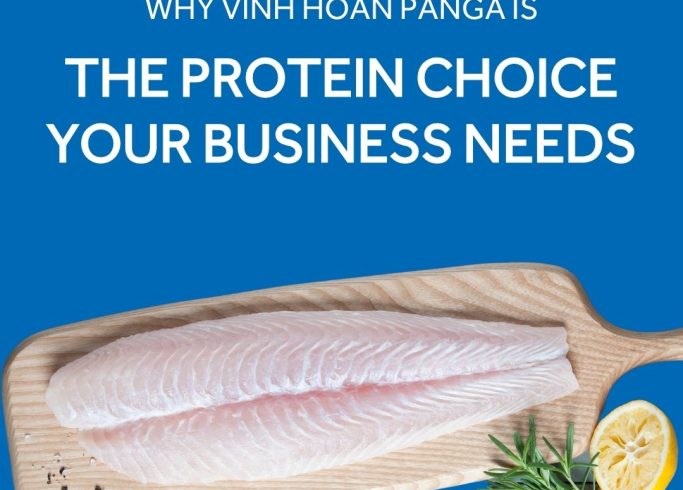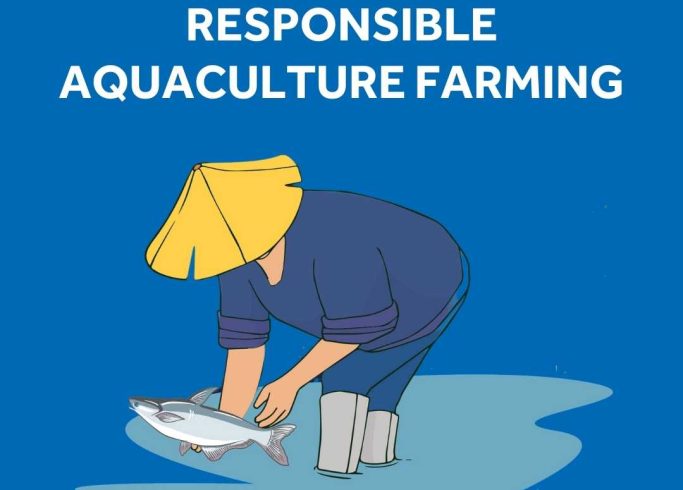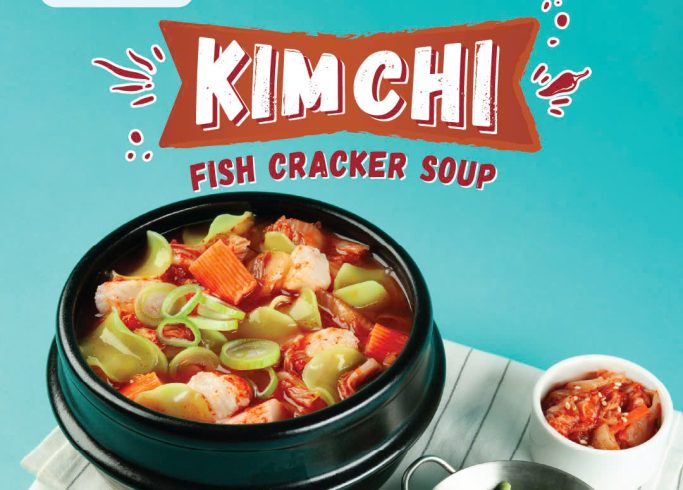[Industry news] GAA: Pangasius is safe to eat
14 February 2017
[Reposted from Intrafish, find the original article here, we are not in anyway responsible for the content of this post]
Anti-pangasius campaigns, often promoted by competing seafood interests and spread on social media, can easily misrepresent the realities said the Global Aquaculture Alliance in a press release Monday.
The NGO was responding to international supermarket giant Carrefour dropping the fish from its shelves in several countries in response to ‘consumer concerns’.
“Pangasius can be produced responsibly and to rigorous food-safety standards and therefore can be purchased with confidence on these grounds,” said the GAA release.
“Pangasius producers certified to Best Aquaculture Practices (BAP) standards are subject to rigorous food-safety inspection and
environmental production controls. These producers have invested in their businesses to meet these requirements and should be respected for their leadership in doing so.”
GAA went on to rebuke several statements made in recent anti-pangasius campaigns, saying they have been successfully challenged by scientific studies and published science literature, including Murk ex al. (2016), Huysvedt ex al. (2013). Little ex al. (2012) and Ann ex al. (2010).
The co-author of one of these papers. Simon Bush, professor of environmental policy at Wageningen University, responded to recent developments by saying. “Pangasius has been the subject of food scares and environmental scares, but on closer inspection the claims lack substance.
“Our analysis shows that the vigorous claims made about pangasius do not match the very limited safety risk and limited environmental impact observed in scientific studies. In reality, pangasius. a relatively new product in Western markets, has found an important niche in retail and foodservice outlets and is perhaps a victim of its own success.”
GAA highlighted a video produced by Wageningen University, that features a positive message about the pangasius industry. It can be viewed here:














